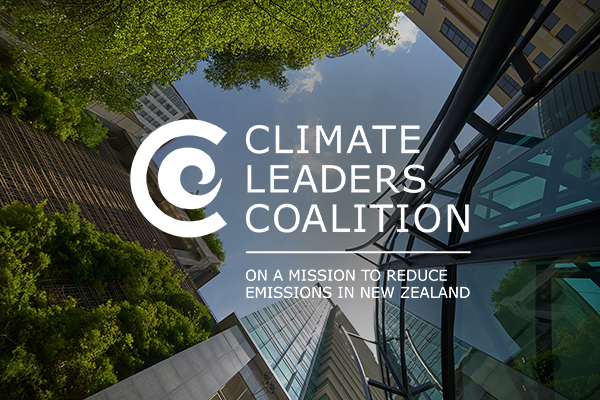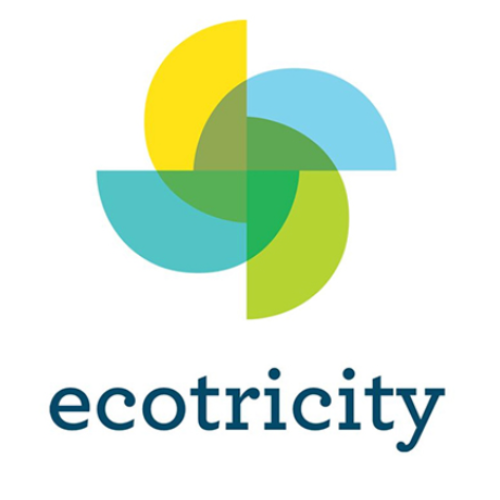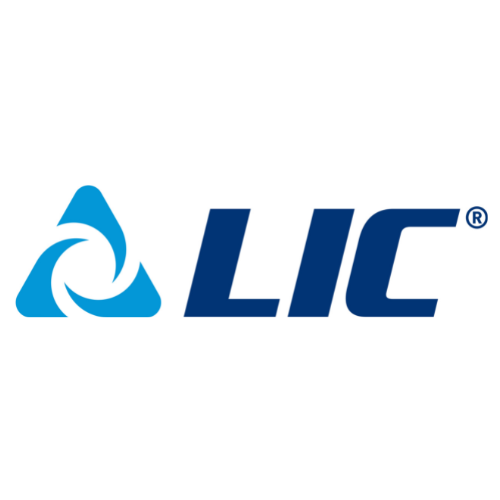News
Latest from the Coalition

SBC Hot Seat with Shannil Varma (CLC Manager)
This week, we've got Shannil Varma, Manager of the Climate Leaders Coalition (CLC), in the hot seat. Shannil's role sits within the Climate and Nature team at SBC (which is the secretariat organisation for CLC), and he oversees all the day-to-day operations and...

Climate Leaders Coalition re-commits to ambitious climate action with new convenor
The Climate Leaders Coalition welcomes Genesis CEO Malcolm Johns as the Coalition’s new convenor, succeeding Spark CEO Jolie Hodson MNZM. Since 2018, the CEO-led Coalition, made up of 87 signatories and accounting for around 30 percent of New Zealand’s GDP, has helped...

CLC Steering Group Convenor Jolie Hodson receives King’s Birthday Honours
We are so proud to see Spark New Zealand CEO and CLC Steering Group Convenor Jolie Hodson recognised earlier this week in the King’s Birthday Honours, alongside many other incredible New Zealanders. Jolie, your leadership of the Climate Leaders Coalition has helped...

CLC and SBC welcome inquiry into bipartisan adaptation framework
SBC and CLC welcome Friday’s announcement from Government around a bipartisan inquiry into an enduring climate adaptation framework for New Zealand, which is consistent with the recommendations we have made in our pre-election policy priorities paper. “Such a...
Search all news

Electric tipper trucks for Watercare
Watercare has launched three new electric tipper trucks for the $1.2 billion Central Interceptor project at a work site in Mangere.
The XCMG-manufactured E700 battery swap trucks can each transport up to 13 tonnes of material with an average range of 200km. The trucks are the first heavy electric tippers in the country.

Newsroom Is it time for business to push for green politics?
Newsroom article featuring CLC

Ecotricity Becomes First Energy Company To Be Toitū Climate Positive Certified
Ecotricity, New Zealand’s leading 100% renewable and net carbonzero certified electricity provider, has gone one step further to help tackle the climate emergency.

LIC – Farmers a step closer to breeding more climate-friendly cows
A research programme run by artificial breeding companies LIC and CRV is one step closer to giving farmers the ability to breed low-methane-emitting cows.

Deloitte climate report: Aotearoa New Zealand’s Turning Point
Time is running out to act on climate change with its impacts being felt by us all. But with disruption comes the opportunity to be bold, and shift our mindset to reap significant rewards for our economy and future generations of Kiwis.
Our economic modelling shows decisive action could deliver $64 billion to New Zealand’s economy by 2050. With inadequate action, we stand to lose $4.4 billion.

IAG – RNZ Nine to Noon interview on insurance claims following Auckland floods and Cyclone Gabrielle
IAG CEO Amanda Whiting was on RadioNZ’s Nine to Noon programme to provide an update on their work following the Auckland floods and Cyclone Gabrielle to process a record 40,000 insurance claims. Amanda also discussed the work ahead with the Government’s Cyclone Recovery Taskforce to ensure homes are kept out of harm’s way.

Introducing Vector’s carbon abatement cost curve
We’ve developed a carbon abatement cost curve to help track our emissions reduction targets (Scope 1 and 2 excluding electricity distribution losses). This includes reaching net carbon zero by 2030, as well as meeting a science-aligned reduction target of 53.5% by 2030.

Genesis’ biomass trial successful
Genesis has successfully completed a biomass burn trial as it looks at alternative fuel options for Huntly Power Station.

Auckland Airport to build giant rooftop solar array
Auckland Airport plans to power up its roofs with the country’s largest rooftop solar array on its new Mānawa Bay outlet centre.

This is climate change, here’s what we can do about it
The trail of devastation wrecked by extreme weather events over the past weeks left many of us feeling stunned and powerless.
There are things we can do to reduce future impacts and better adapt to the new reality.

The role of biofuels in a low carbon future
The Government’s announcement to drop the Sustainable Biofuels Obligation does not stop Z’s commitment to helping Aotearoa transition to a low carbon future says Z CEO Mike Bennetts.

Christchurch Airport: New consortium to enable zero emission aviation to take off in Aotearoa New Zealand
Six international businesses have launched a new consortium to bring zero-emission aviation to life in New Zealand. The Hydrogen Consortium’s vision is to support the country to pioneer the commercial deployment of green hydrogen-powered aircraft.
